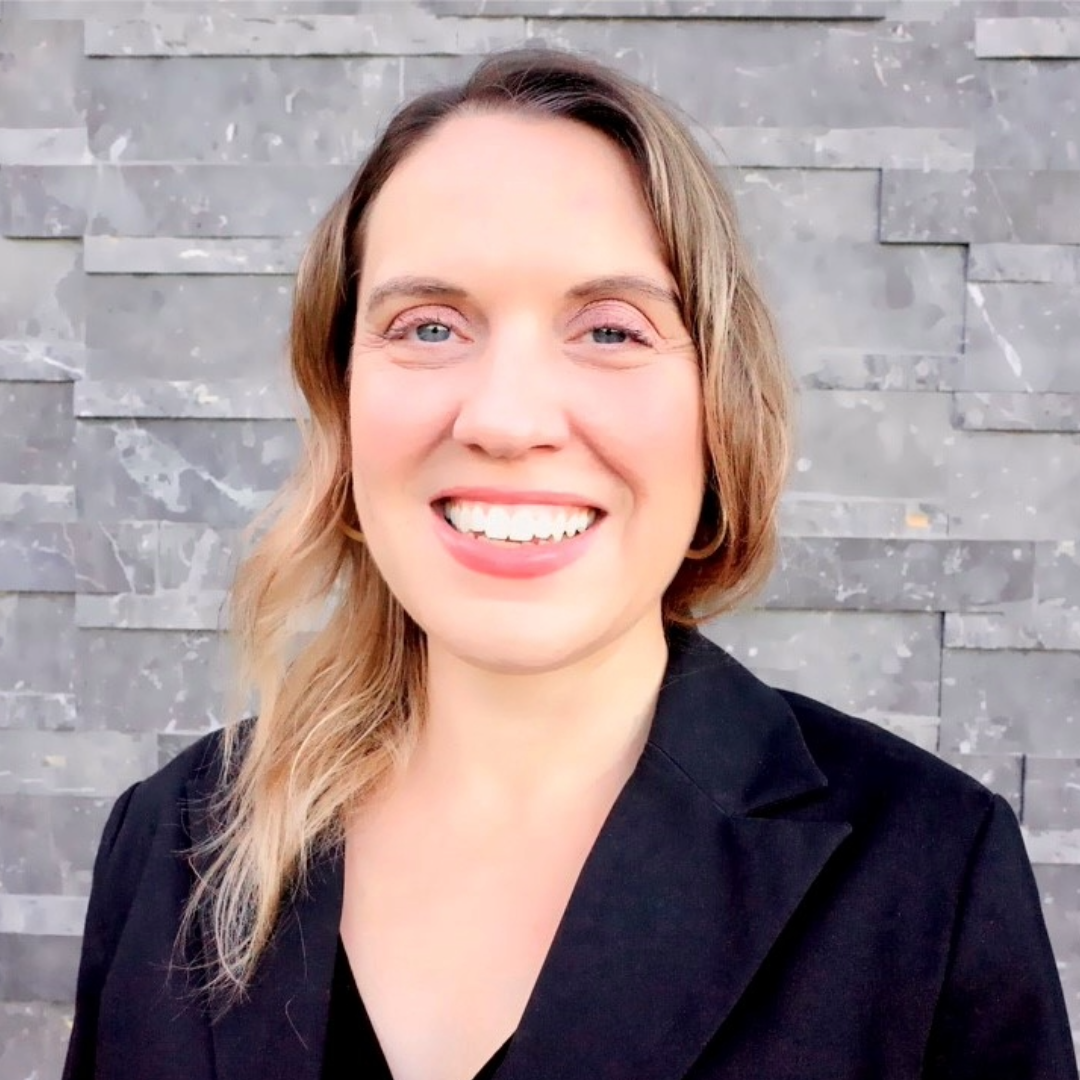The seminar series that brings the academic community and industry together to talk about impactful applied research.
The University of Toronto’s MScAC program is located in one of the fastest-growing tech hubs in the world.
MScAC Talks is a yearly speaker series that bridges the academic and professional worlds, highlighting impactful applied research from September to April. The series invites industry and academic leaders to share work that inspires both the university and broader professional community, sparking discussions that deepen appreciation for research and its real-world impact.
By bringing together students, alumni and industry professionals, MScAC Talks fosters meaningful connections and knowledge exchange at the intersection of research and application.
Talk title
Translating Applied Computing Research into Environmental and Public Health Impact
Abstract:
AI and machine learning are playing an increasingly critical role in advancing research at the intersection of environmental science and public health. With the growing availability of high-resolution and high dimensional environmental data, from satellite remote sensing and atmospheric models to low-cost sensor networks and wearable health monitors, there is a unique opportunity to contribute to public good by developing tools that transform complex data and computing into actionable insights.
This talk will highlight real-world applications of AI to environmental exposure assessment and health impact modeling, with a focus on challenges such as climate change, air pollution, wildfire smoke, and emissions from oil and gas operations. Using examples from ongoing interdisciplinary research, we will explore how spatiotemporal machine learning models, deep learning for image analysis, and clustering tools are being used to detect pollution hotspots, assess health risks, and guide both regulatory and public health interventions.
Equally important is the translation of these research findings beyond the academic setting, to communities that are historically overburdened by environmental hazards; to agencies responsible for environmental health protection; and to industry sectors where transparent, data-driven accountability is essential.
About Meredith Franklin
Meredith Franklin is an Associate Professor in the Department of Statistical Sciences and holds a joint appointment with the School of the Environment. Before coming to the University of Toronto she was faculty at the University of Southern California in Los Angeles (2010-2021).
Trained in mathematics, statistics, and environmental health, her interdisciplinary research focuses on quantifying environmental exposures through spatiotemporal statistical and machine learning approaches to assess their impacts on health outcomes. She has been a leader in developing methods to use remote sensing data for exposure assessment for a variety of environmental factors including air pollution, wildfires, flaring from oil and gas, artificial light at night, and greenspace. She has also conducted several highly cited population-based epidemiological studies of the association between air pollution and health. She received a B.Sc. in Mathematics from McGill University and a Ph.D. from the Harvard T.H. Chan School of Public Health.

